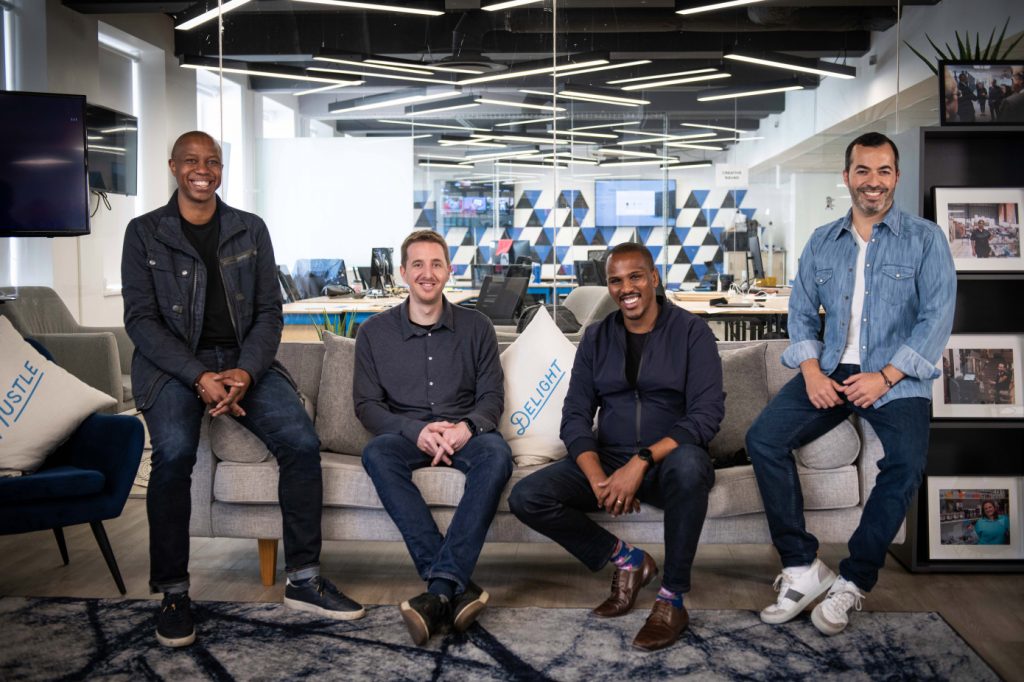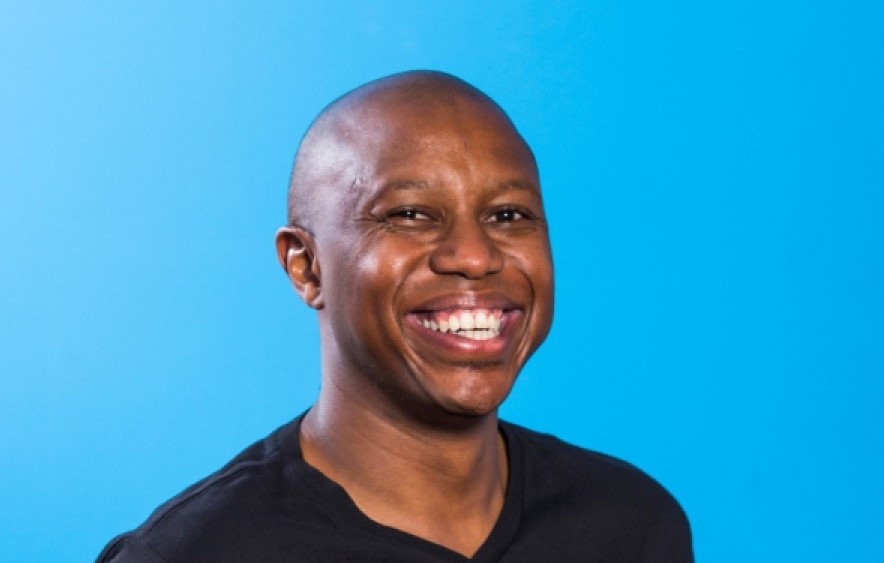







































South African fintech, Yoco gets new CEO as Katlego Maphai steps down after 10 years
 CARL
CARL
 STND
STND
 ZER
ZER
 $DUBAI
$DUBAI
 CEO
CEO
Katlego Maphai, Co-founder of the South African payment startup Yoco, has stepped down from his role as Chief Executive Officer (CEO) of the fintech company. The development marks the end of his 10-year reign and now takes a more background role at Yoco.
Following Maphai’s exit as the CEO, Lungisa Matshoba and Bradley Wattrus will immediately take over as the co-CEOs of the fintech company. Maphai noted that the move will usher in a new range of experiences and ensure a smooth transition of leadership within the company.
“After a decade at the helm, I’ve made the deeply personal decision to step down as CEO of Yoco. Just over ten years ago, three friends and I set out with a simple idea: to make card payments accessible to small businesses in South Africa and beyond,” he said.
As one of the leading fintech companies in South Africa, Yoco aims to build tools and provide services to small businesses, which are the backbone of most economies. With an estimated value of $700 million, Yoco currently serves over 200,000 businesses, processing billions of transactions annually.

As a top operator in South Africa’s financial industry, Maphai believes the transition will open the room for new angles of innovation. After a decade as the CEO, he believes it’s time for a leadership change, but will remain engaged as a founder with a focus on long-term projects and strengthening Yoco’s impact.
“This was not an easy choice, but after taking some time, it became clear that the skills and energy needed to start and build a company are not always the same as those required to scale it to the next level,” said Maphai.
As for the new co-CEOs, Lungisa Matshoba will lead innovation and product growth, while Bradley Wattrus will focus on governance and scalability. Carl Wazen, also a co-founder, will continue to lead go-to-market and champion Yoco’s commercial operations.
Founded in 2013 by four friends, Yoco is regarded as one of the most valuable startups in South Africa and on the continent.
Since its launch, it has been proactive in helping small businesses access loans, manage their day-to-day activities, and provide services that help SMEs accept card payments online or in-store. This made it the preferred payment partner for over 200,000 businesses and still adds over 500 merchants per day.

Also Read: South African fintech startup Yoco raises $83 million Series C funding round.
Behind the Yoco’s leadership shift
Aside from the leadership exploration, Katlego Maphai’s decision to step down has been attributed to a recent structural shift in the country’s fintech space. This includes several acquisitions and moves to scale the startups for growth.
In October 2024, Lesaka Technologies acquired payments processor Adumo for R1.5 billion, followed by Bank Zero in June 2025 for R1.05 billion. Also, one of Yoco’s biggest rivals, iKhokha, was recently bought by Nedbank for R1.65 billion to accelerate its growth and expansion across South Africa.
Yoco has been one of those companies that successfully broke into the country’s payment industry, which has big players such as Standard Bank, Tyme Bank, Nedbank, Absa and FirstRand. Also, Capitec recently entered business banking, competing directly with Yoco’s payment services.

In 2021, Yoco raised $83 million in Series C funding to scale up its platform and expand internationally. This follows the $16 million raised in 2018 in a Series B funding round. The fund was meant to increase its market presence beyond South Africa and hasten the development of its financial ecosystem for small companies.
To support the growth, Yoco established talent hubs in cities like Cairo and Dubai to build its team and talent footprint beyond South Africa. With a new face at the leadership helm, Yoco will look to raise the bar amid increasing competition.
Furthermore, Maphai explained that stepping back will give him a chance to reflect and contribute more as a founder and builder.
“The journey has been extraordinary, full of highs and lows, resilience, and growth,” he said. I’m proud of the legacy we’ve built: a brand entrepreneurs believe in, a platform that empowers them, and a team of nearly 400 people dedicated to this mission,” he said.

